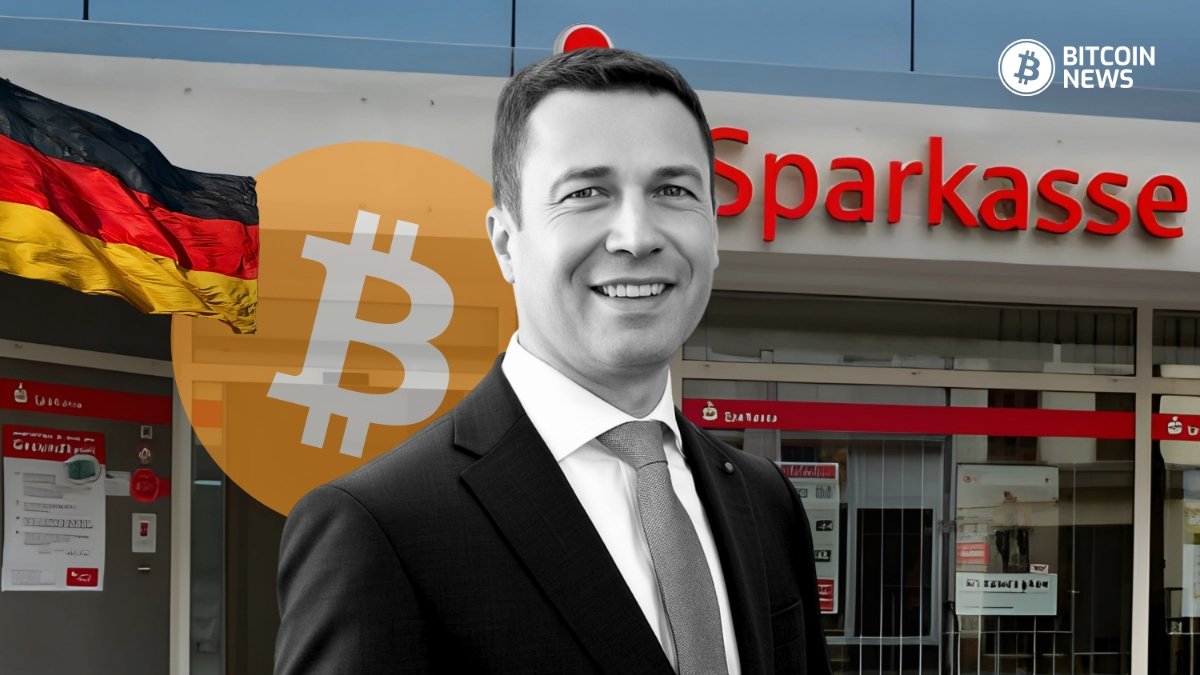[Current Date], Paris
Germany’s Sparkassen Begins Bitcoin and Ethereum Trading in 2026
Germany’s largest banking network, Sparkassen-Finanzgruppe, plans to offer trading in Bitcoin and Ethereum to its private customers by summer 2026, marking a significant entry into the digital asset market.
With a vast customer base of 50 million individuals and over €2.5 trillion in assets managed, the move by Sparkassen, Germany’s public savings banks, could considerably accelerate the adoption and integration of cryptocurrencies within Germany and the wider European region.
Historically skeptical of digital assets, Sparkassen previously blocked such transactions citing volatility, fraud, and insufficient investor protection. In 2023, its board explicitly rejected offering these services, dubbing them “highly speculative.” However, evolving market demand, customer pressure, and the clarification of regulatory frameworks have led the group to reverse its stance.
As President of Sparkassen, Matthias Dießl stated in an interview with Bloomberg, “We should offer customers the opportunity to trade cryptocurrencies at the Sparkassen as well.”
The digital asset trading services will be integrated directly into the Sparkassen app, enabling customers to purchase and sell Bitcoin (BTC) and Ethereum (ETH). The platform’s development and management will be handled by Dekabank, the investment subsidiary of the Sparkassen group.
Dekabank, which has previously gained experience in the Bitcoin sphere—launching services for institutional clients and acquiring a digital asset custody license from Germany’s financial regulator BaFin—will spearhead this initiative.
According to the German Savings Banks Association (DSGV), this move offers customers “reliable access to a regulated crypto offering“.
Despite launching these services, the Sparkassen group maintains a cautious approach. The DSGV emphasized, “Our position remains clear: cryptocurrencies are highly speculative investments.“
To mitigate potential risks, Sparkassen will refrain from advertising the new service broadly and will instead furnish customers with detailed risk disclosures regarding the possibility of financial loss. The bank will also explicitly state that it will not provide investment advice, leaving the final decision to individual patrons.
The catalyst for this transformation includes mandatory EU regulations. The Markets in Crypto-Assets (MiCA) regulation, which came into force in December 2024, established a consistent legal structure for crypto asset businesses throughout all EU member states, removing a significant regulatory barrier.
This regulatory clarity has emboldened European banks. Sparkassen-Finanzgruppe is not alone in this endeavor; it follows other major German institutions such as DZ Bank, which partnered with Boerse Stuttgart Digital in 2024 to test a digital asset trading and custody platform, and Landesbank Baden-Württemberg, which is currently collaborating with Bitpanda on custody solutions.
Financial experts interpret Sparkassen’s decision as a significant indicator of broader changes within the traditional financial sector. ERA Labs CEO Filipp Bolotov described the move as “(It’s a) big move for mainstream adoption,” while Master Ventures founder Kyle Chasse observed “Banks are catching up.”
The international financial community is also taking notice. During Paris Blockchain Week, experts forecasted an increased supply of regulated digital asset services by banks as the regulatory environment continued to evolve. This trend is further supported by statements from prominent financial figures like Ric Edelman, who advised investors to shift capital towards digital assets as part of a more diversified portfolio, citing Bitcoin’s performance.












